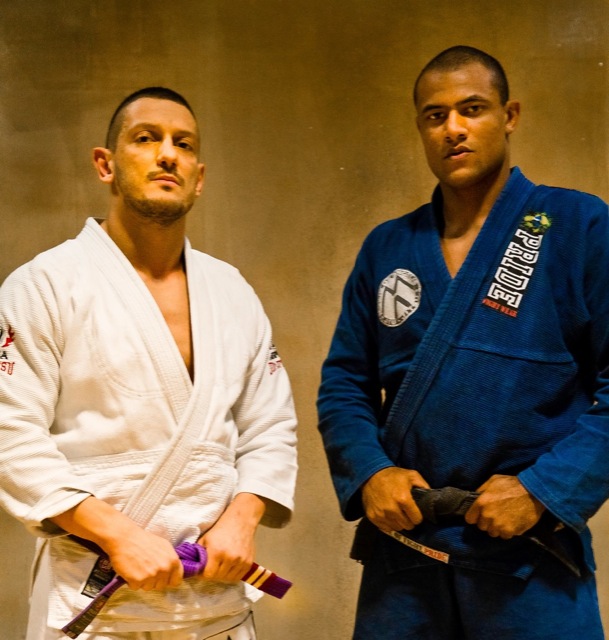“I’m not Turkish.”
That sentence has accompanied me nearly my entire life in Brazil. Arabs in the land of Pelé and Royce are commonly referred to as Turks. And there’s a simple explanation for it.
The first Arabs to arrive in Brazil, early in the 20th century, entered the country using Turkish passports, since Turkey controlled nearly the entire Arabian peninsula. But not a lot of people knew that Turks and Arabs had been rivals for ages.
Hence, within the Arab community in Brazil, there was nothing endearing about being called a Turk. In pursuing my Arab identity, often by way of Jiu-Jitsu, I sought to get to know as many Arab countries as possible. And to convey a bit of my gentle art knowledge to my friends in the Arab world.
A little over 30 days ago, before definitively returning to Brazil after three years in the Middle East, I resolved to check out Istanbul, in Turkey. I got in touch with one of the country’s gentle art figureheads, purple belt Ertan Balaban, a student of team Brasa’s Igor Silva.
Ertan is a great host, the kind of guy who will open the doors to his home to any stranger in exchange for a few gentle art positions. In this respect—hospitality—Turks and Arabs are quite similar. Besides his classic style of Jiu-Jitsu and the high degree of discipline he demands in class, I noticed in Ertan a special quality that has been vital to Jiu-Jitsu spreading in the country: determination.
Upon sitting down for lunch at a restaurant with his father, a respected university professor, and his Turkish-American cousin—both notable intellectuals—, it came to me that Ertan had attained his notability in Turkey through Jiu-Jitsu, an art he got to know and began practicing seven years ago, when studying in the USA.

Ertan and Igor Silva / Personal archive photo
Beyond being just a martial art, to Ertan Jiu-Jitsu is a worldwide movement.
“You see, I met Mohamed here over the internet, just as I met so many other Brazilian black belts who’ve been through these parts. And he’s already like a brother to me—a Jiu-Jitsu brother. You tell me if there’s another movement in the world—whether an association group or sport—that can bring so many people together like this. That’s what I’m talking about; Jiu-Jitsu is indeed a brotherhood,” says Ertan Balaban.
In a few words, this Turkish purple belt managed to sum up worldwide Jiu-Jitsu today.
We’ve surpassed borders, whether they be political, religious or cultural. We become a great network of convergence, of opinion makers, of lifestyle.
The Jiu-Jitsu practiced in Turkey is the same as that practiced in Brazil, which is the same as that of the USA, Europe, the Middle East, Asia or Oceania.
Perhaps not simply for the technical factor but more for the factor of tradition of understanding, lifestyle, its practitioners’ togetherness.
Now back in my beloved country of Brazil for good, I now feel more Brazilian. And more Arab. And why not say it, more Turkish.
A wonderful 2012 to you all, GRACIEMAG.com readers and my Jiu-Jitsu brothers.
The post Jiu-Jitsu, global togetherness and brotherhood first appeared on Graciemag.